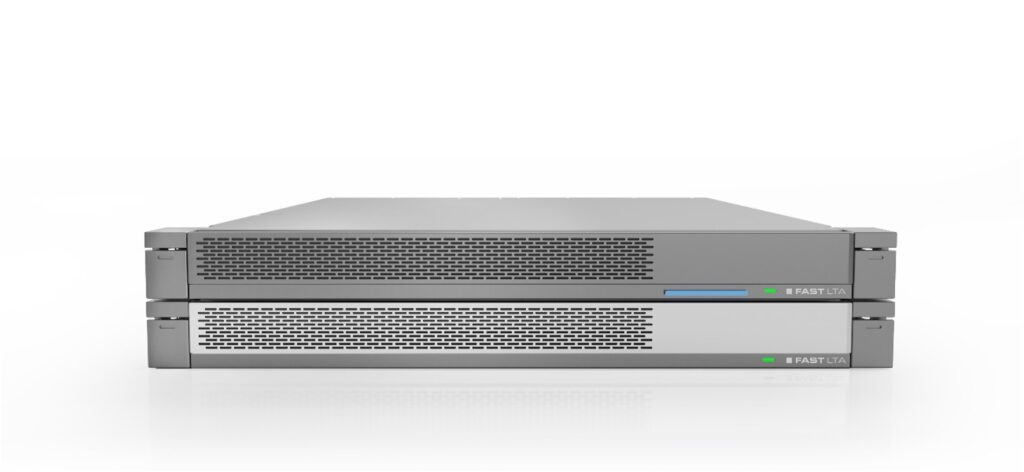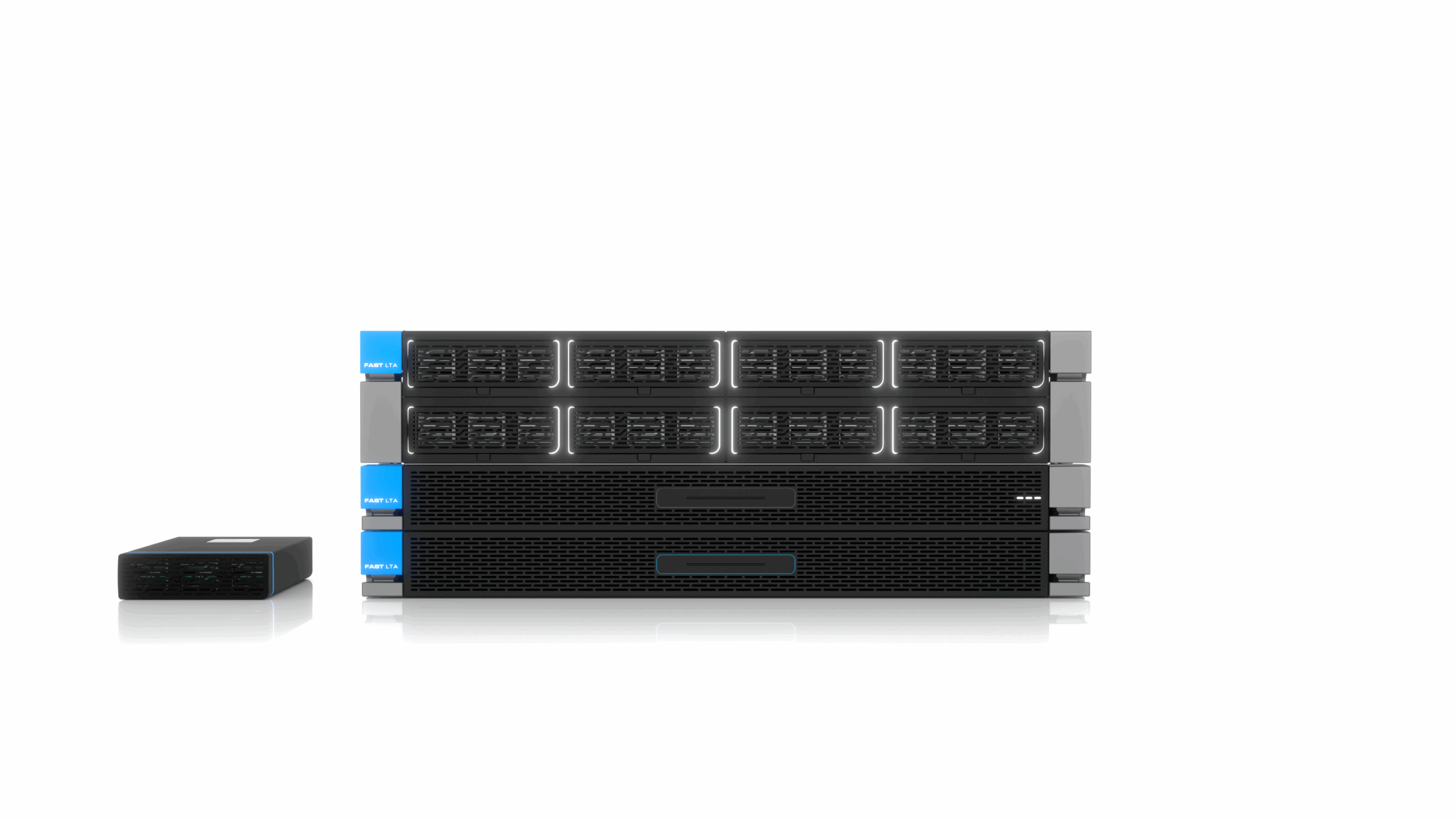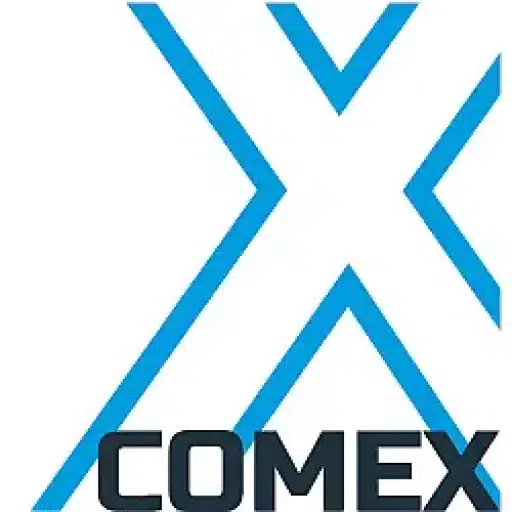+31 (0)43 30 88 400 | office@comex.eu
Reliable storage systems for
Archives and heritage
Compliant archiving
Data in archives and heritage must be archived for enormously long periods of time and often in a compliant manner. All this without data loss.
Certified hardware WORM storage.
Protection against ransomware
Public institutions, including archives and heritage sites, are increasingly being targeted by ransomware attackers.
Modern backup including Air Gap – without tapes.
Individual care
Together with our partners, we offer you individual support from the beginning.
Trained technicians, certified partners.
Current situation:
Digitization of archives and heritage institutions is an important goal to make culturally and historically valuable information accessible and preserved for future generations. The introduction of digital file processing and sustainable archiving requires secure, reliable and low-maintenance storage systems. Laws and regulations, such as the GDPR and specific records management guidelines, impose strict requirements for audit-proof and compliant storage.
In addition, the threat of ransomware attacks is growing, which can also seriously affect archives and heritage institutions. The loss or manipulation of digital heritage can cause irreparable damage. These risks can be minimized by a modern backup and archiving strategy that combines high availability, maximum security and cutting-edge technologies.
FAST LTA is the market leader in audit-proof archive storage and since 2008 has been helping heritage institutions manage growing data volumes, comply with legal requirements and protect valuable data from loss and manipulation. Together with our software and system partners, we offer sustainable solutions to securely digitize and preserve cultural heritage.
In the spotlight:
Sustainable preservation of digital and digitized heritage
Why Collection Overijssel chose Silent Bricks as a sustainable long-term storage solution
Our systems are certified.
From the very beginning, we have attached great importance to legal compliance and compatibility during development. Therefore, our archive storage systems also carry the certificate for compliant archiving, which includes GDPR compliance, for example, for the “right to erasure.”
Our archival systems undergo extensive certification and compatibility testing with our software partners. This ensures seamless connectivity and guarantees trouble-free operation for years to come.
Our systems are flexibly scalable.
Whether you start with 2 or 200 terabytes, whether you want to expand to 4 terabytes or 2 petabytes: Our systems adapt flexibly to your data growth and can be scaled at any time – even retroactively – simply by adding new media.
We have a flexible and fair licensing model. As you grow, existing volume licenses are credited: The larger the system gets, the lower the cost per TB.
Our systems protect your data.
In times of ransomware and flood disasters, sensitive data needs special protection. Our systems are designed to last decades and incorporate various data protection technologies.
Depending on the storage medium, we use different data storage methods to prevent data loss due to batch errors. Written data is regularly and automatically checked for creeping errors (“bit red”) and automatically restored. Our linear file system with erasure coding and quadruple redundancy, along with continuous snapshots, effectively protects against tampering and accidental deletion.
And replicating data to a second location prevents complete downtime due to disaster or theft.
Storage solutions for archives and heritage
HIGHLY SPECIALIZED, PROVEN A THOUSAND TIMES OVER
Silent Cubes archive storage
Our special system for audit-proof archiving has proven itself in thousands of public institutions, archive and heritage institutions, hospitals, radiologies and other medical institutions. Protection via hardware WORM is certified and GDPR compliant.
The Silent Cube is now also available as Silent Cube DS in 19-inch format.

FLEXIBLE, MODULAR, INCLUDING AIRGAP
Silent Brick System
Whether for archiving or secure backups – the Silent Brick System scores particularly well in terms of flexibility. In addition to high-capacity stationary storage modules, Silent Bricks offer a true Air Gap.
Silent Bricks are available in Disk or NVMe versions.


